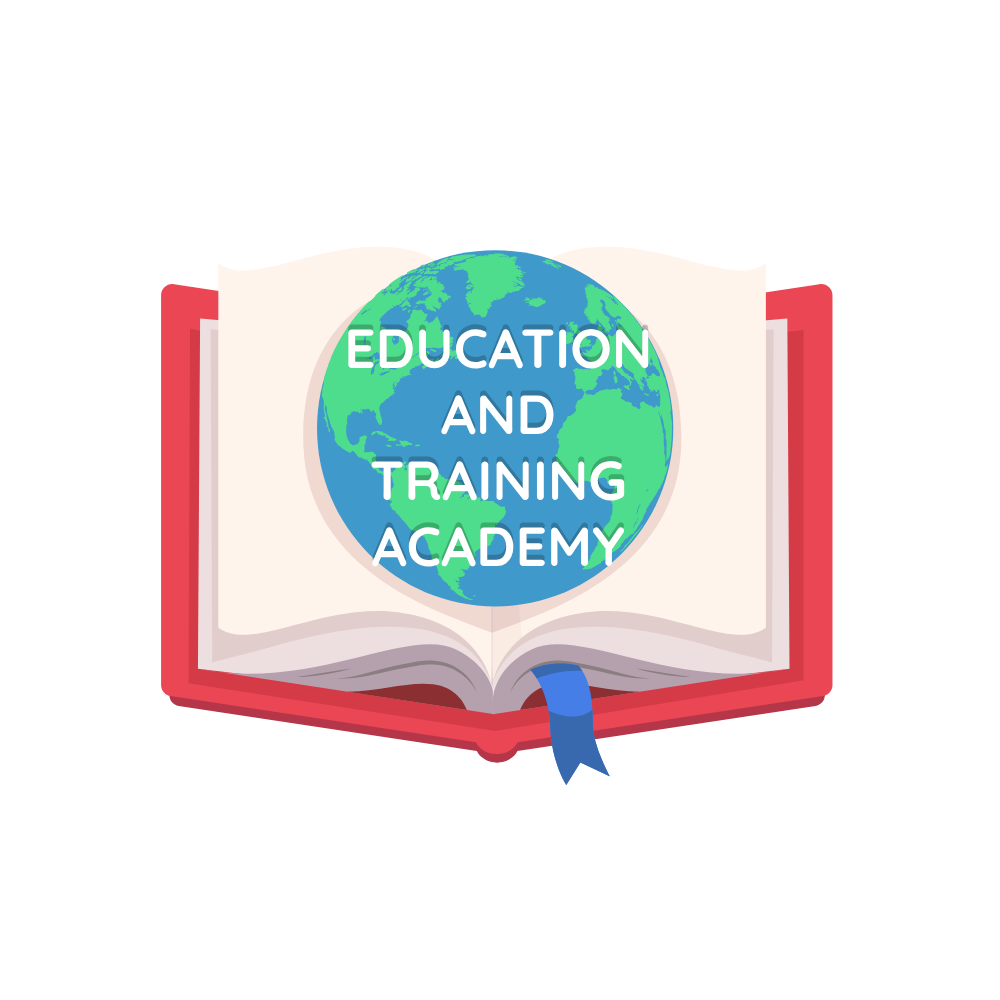BEYOND BARRIERS: CREATING ACCESSIBLE LEARNING ENVIRONMENTS FOR ALL

Certificate Yes
Cost €80/day
Language English
Duration 5 Day course
Cities: Antalya, Bitola
Welcome to the Beyond Barriers course, where we embark on a journey to create inclusive and accessible learning environments that empower every student to thrive. In today's diverse classrooms, it is essential to recognize and address the unique needs and abilities of every learner. This course is designed to equip educators with the knowledge, skills, and strategies to break down barriers and foster an inclusive culture where all students can succeed.
Aligned with the principles of Universal Design for Learning (UDL) and inclusive education, this course aims to empower educators to design instruction, curriculum, and learning environments that accommodate diverse learning styles, preferences, and abilities. By embracing accessibility and inclusivity, educators can create enriching learning experiences that honor the unique strengths and contributions of every student.
Join us on this transformative journey as we explore innovative approaches, best practices, and practical strategies for creating accessible learning environments that celebrate diversity, promote equity, and unlock the full potential of every learner.
Description
The Beyond Barriers course is meticulously designed for educators committed to creating inclusive and accessible learning environments that cater to the diverse needs and abilities of all students. In today's educational landscape, it is imperative to recognize and address the barriers that may hinder students' access to learning opportunities and experiences.
Throughout this comprehensive course, participants will delve into the principles of inclusive education, Universal Design for Learning (UDL), and accessibility standards to gain a deep understanding of how to design and implement instruction that meets the needs of every learner. From accommodating diverse learning styles and preferences to addressing physical, sensory, and cognitive barriers, educators will explore practical strategies for creating a welcoming and supportive learning environment for all.
Participants will also learn how to leverage technology and assistive tools to enhance accessibility and facilitate learning for students with disabilities. Through hands-on activities, case studies, and collaborative discussions, educators will develop the skills and confidence to differentiate instruction, provide multiple means of engagement, representation, and expression, and promote self-regulation and independence among students.
Moreover, the course will emphasize the importance of fostering a culture of empathy, respect, and belonging in the classroom, where every student feels valued, heard, and empowered to contribute. By embracing diversity, equity, and inclusion, educators will cultivate a learning community where barriers are transformed into opportunities for growth, collaboration, and success.
Participants will have the opportunity to collaborate with peers, share best practices, and develop actionable plans and resources to create accessible learning environments in their educational settings. By the end of the course, educators will emerge with the knowledge, skills, and commitment to champion inclusivity, accessibility, and equity in education, ensuring that every student has the opportunity to thrive and reach their full potential.
Learning Objectives
- Understand the principles of inclusive education, Universal Design for Learning (UDL), and accessibility standards.
- Recognize and address diverse learning needs, preferences, and abilities in instructional design and delivery.
- Explore practical strategies for creating accessible learning environments that accommodate physical, sensory, and cognitive barriers.
- Leverage technology and assistive tools to enhance accessibility and facilitate learning for students with disabilities.
- Differentiate instruction and provide multiple means of engagement, representation, and expression to meet the needs of diverse learners.
- Foster a culture of empathy, respect, and belonging in the classroom to create a supportive learning community for all students.
- Develop actionable plans and resources to promote inclusivity, accessibility, and equity in education.
Methodology and Implementation
The Beyond Barriers course employs a learner-centered and participatory approach to professional development, engaging participants in a variety of interactive and reflective learning experiences. The methodology includes:
Interactive Presentations: Engaging presentations and discussions on key concepts, principles, and best practices in inclusive education and accessibility.
Case Studies: Analysis of real-world examples and scenarios to explore practical applications of inclusive teaching strategies and accommodations.
Hands-On Activities: Interactive activities and simulations to deepen understanding and practice skills related to accessibility and inclusive instruction.
Collaborative Learning: Group discussions, peer sharing sessions, and collaborative projects to facilitate knowledge exchange and peer learning.
Technology Integration: Exploration and demonstration of assistive technologies and digital tools to enhance accessibility and support diverse learners.
Assessment Implementation
Assessment in the Beyond Barriers course is designed to be formative, authentic, and reflective of participants' learning and growth. Assessment methods include:
Reflective Journals: Regular reflections on personal experiences, insights, and challenges related to creating accessible learning environments.
Case Study Analysis: Evaluation of participants' ability to apply inclusive teaching strategies and accommodations to real-world scenarios.
Project-Based Assessment: Development of actionable plans and resources to promote inclusivity, accessibility, and equity in participants' educational settings.
Peer Feedback: Provision of constructive feedback and support to peers on their ideas, strategies, and plans for creating accessible learning environments.
Self-Assessment: Reflection on personal learning goals, progress, and areas for further development in creating inclusive and accessible learning environments.
Daily Programme
Day 1: Understanding Inclusive Education and Accessibility
Morning Session:
- Welcome and Course Overview
- Welcome and Course Overview
- Introduction to Inclusive Education Principles
Afternoon Session:
- Exploring Accessibility Standards and Guidelines
- Case Study Analysis: Applying Inclusive Teaching Strategies
Day 2: Designing Accessible Learning Environments
Morning Session:
- Universal Design for Learning (UDL) Framework
- Differentiating Instruction for Diverse Learners
Afternoon Session:
- Hands-On Activity: Creating Accessible Learning Materials
- Technology Integration for Accessibility
Day 3: Supporting Students with Disabilities
Morning Session:
- Understanding Disabilities and Learning Differences
- Assistive Technologies for Accessibility
Afternoon Session:
- Case Study: Supporting Students with Individualized Education Plans (IEPs)
- Collaborative Planning for Inclusive Instruction
Day 4: Fostering Inclusive Learning Communities
Morning Session:
- Building Empathy and Understanding in the Classroom
- Cultivating a Culture of Respect and Belonging
Afternoon Session:
- Peer Feedback and Reflection
- Developing Action Plans for Inclusive Education
Day 5: Implementation and Reflection
Morning Session:
- Implementing Inclusive Practices in the Classroom
- Real-World Applications and Success Stories
Afternoon Session:
- Final Project Presentations
- Reflection and Feedback on Learning Journey
